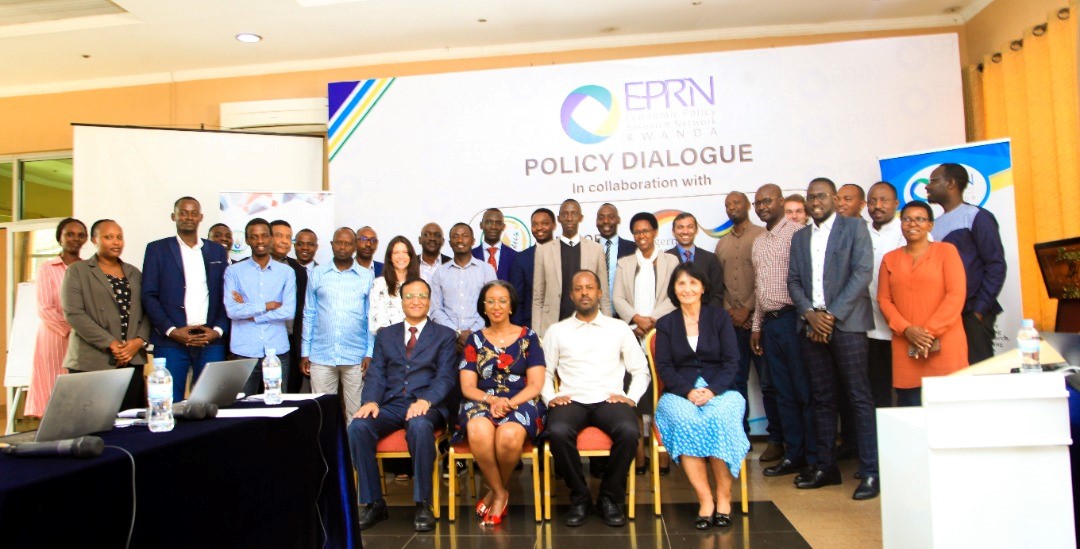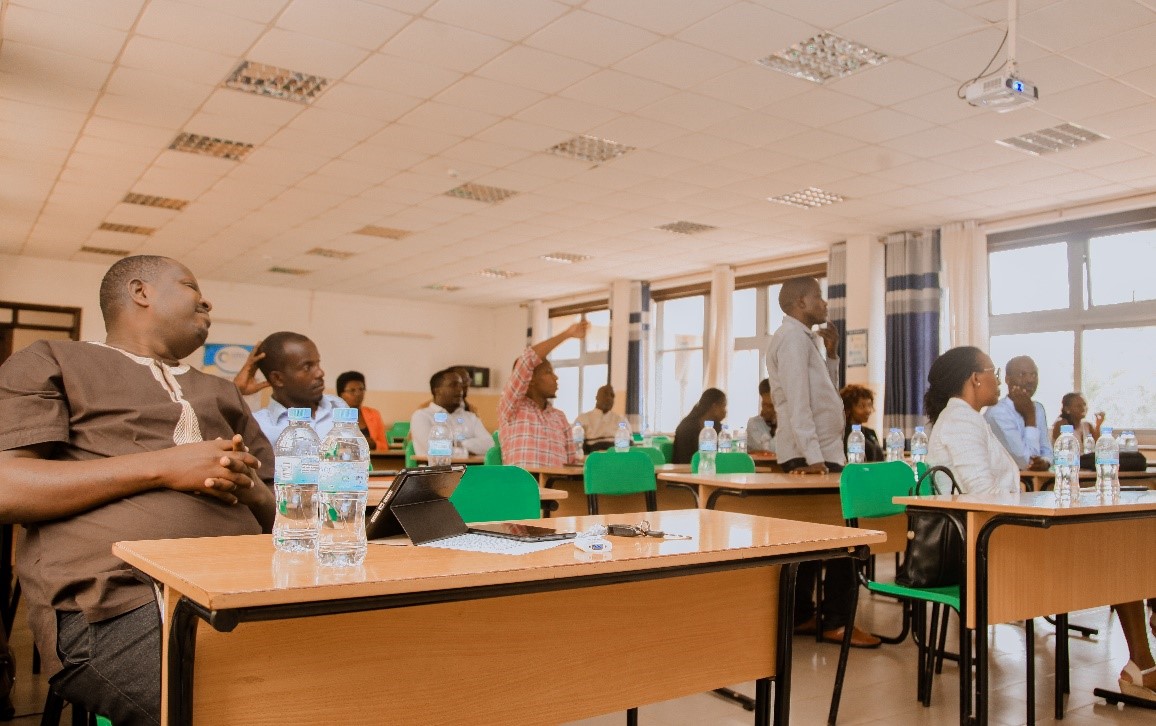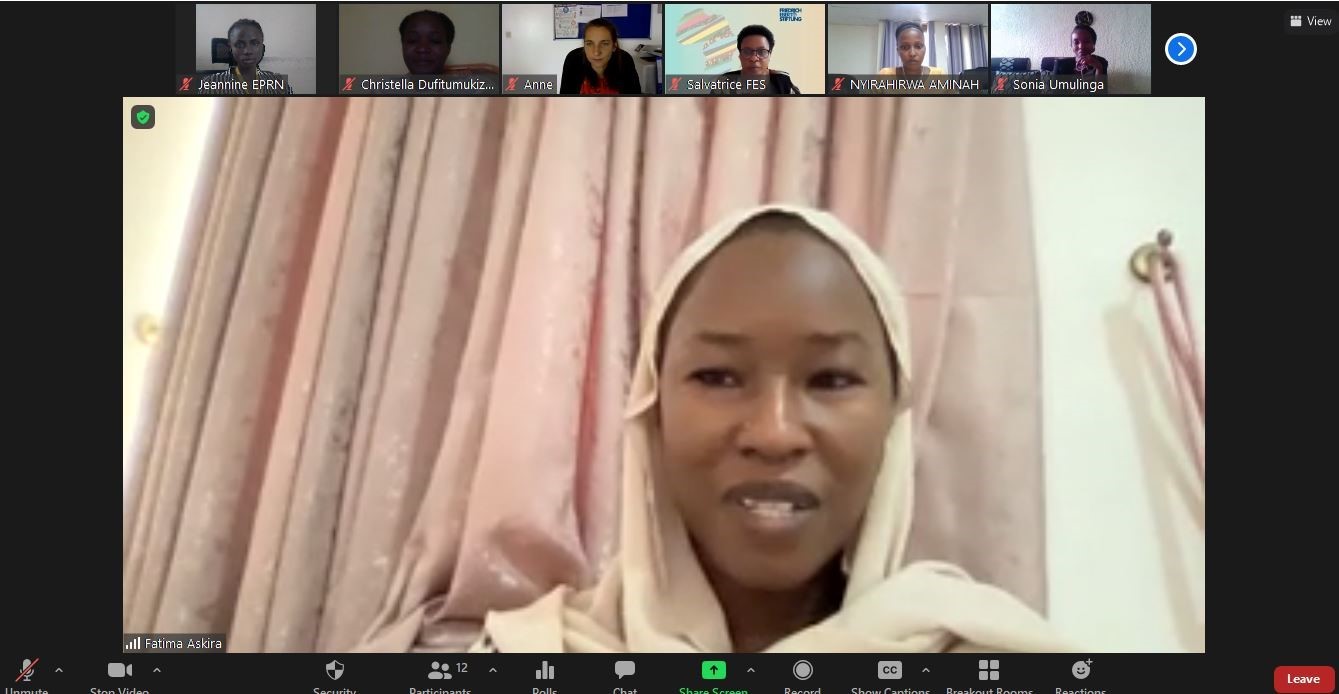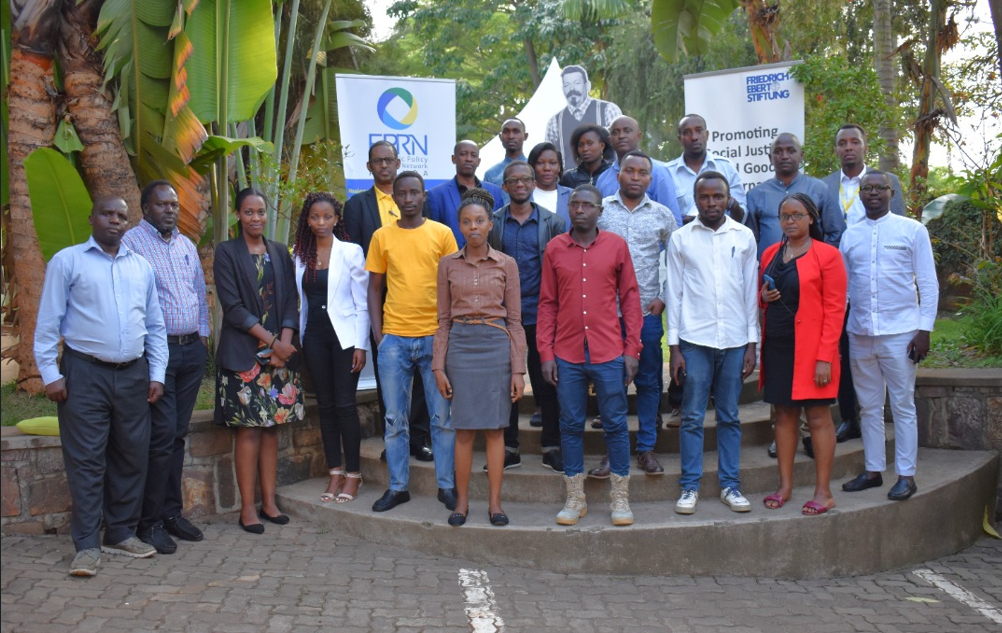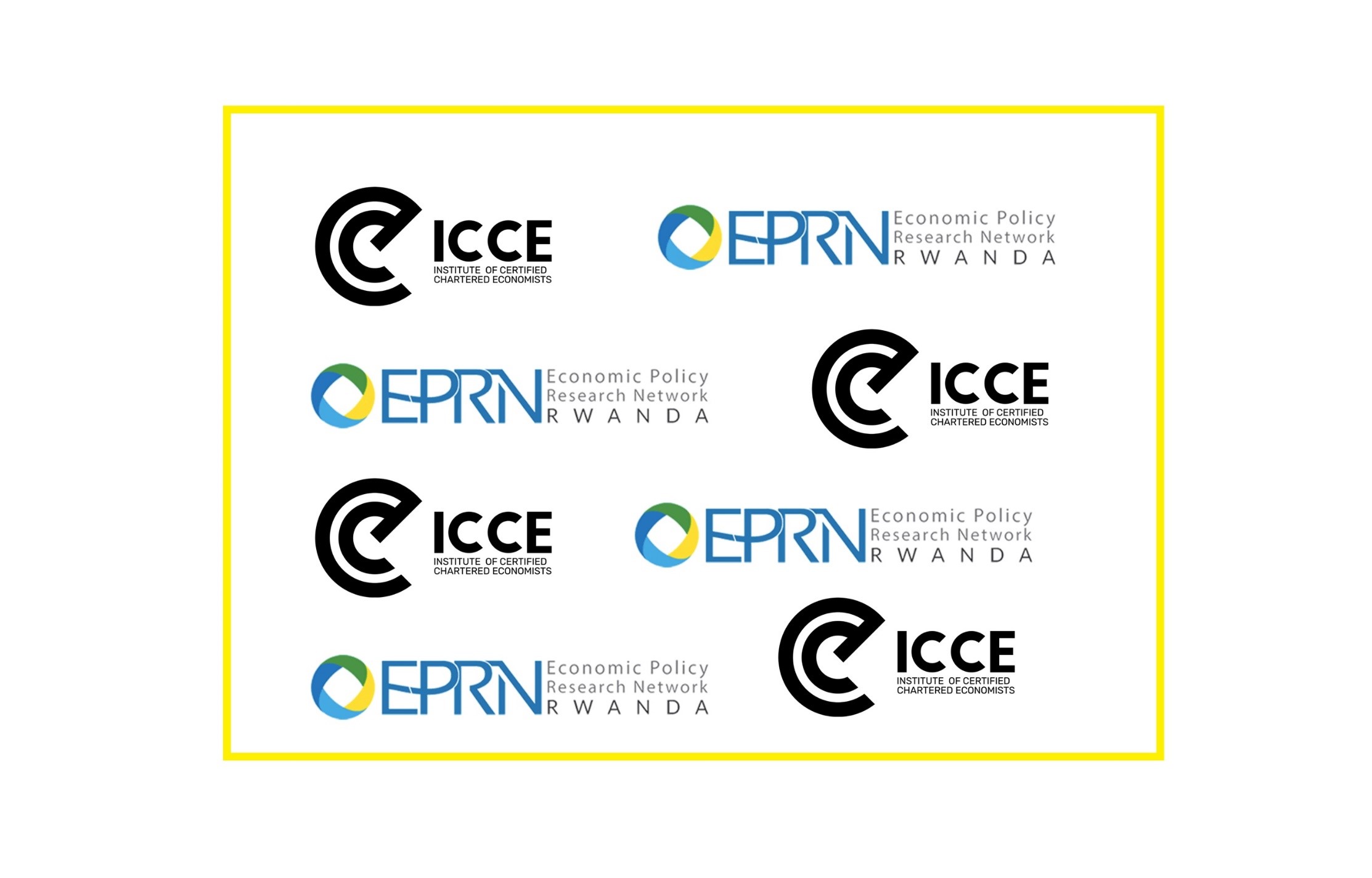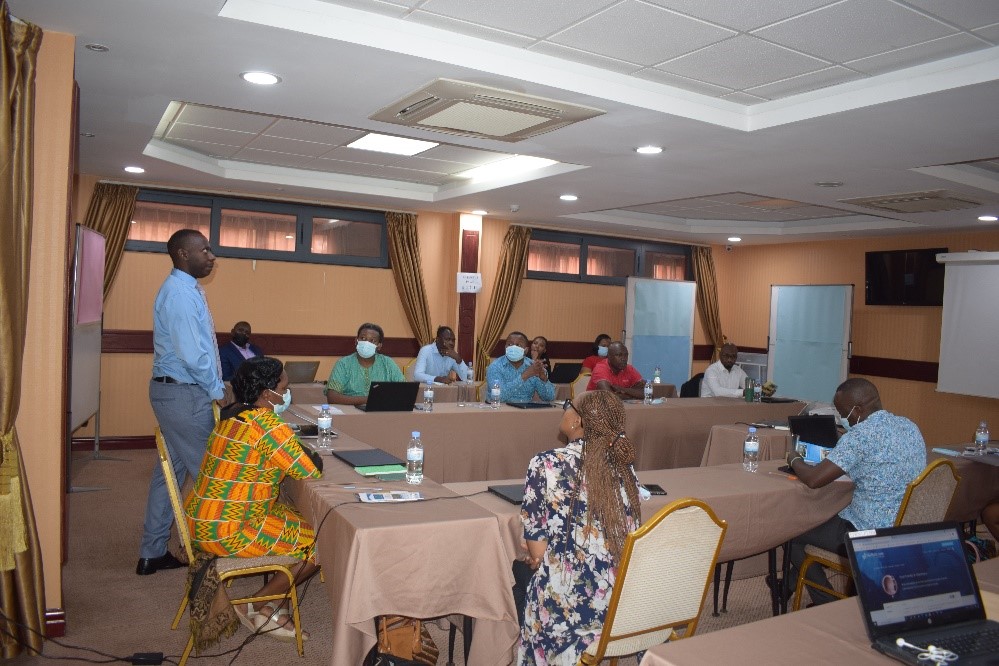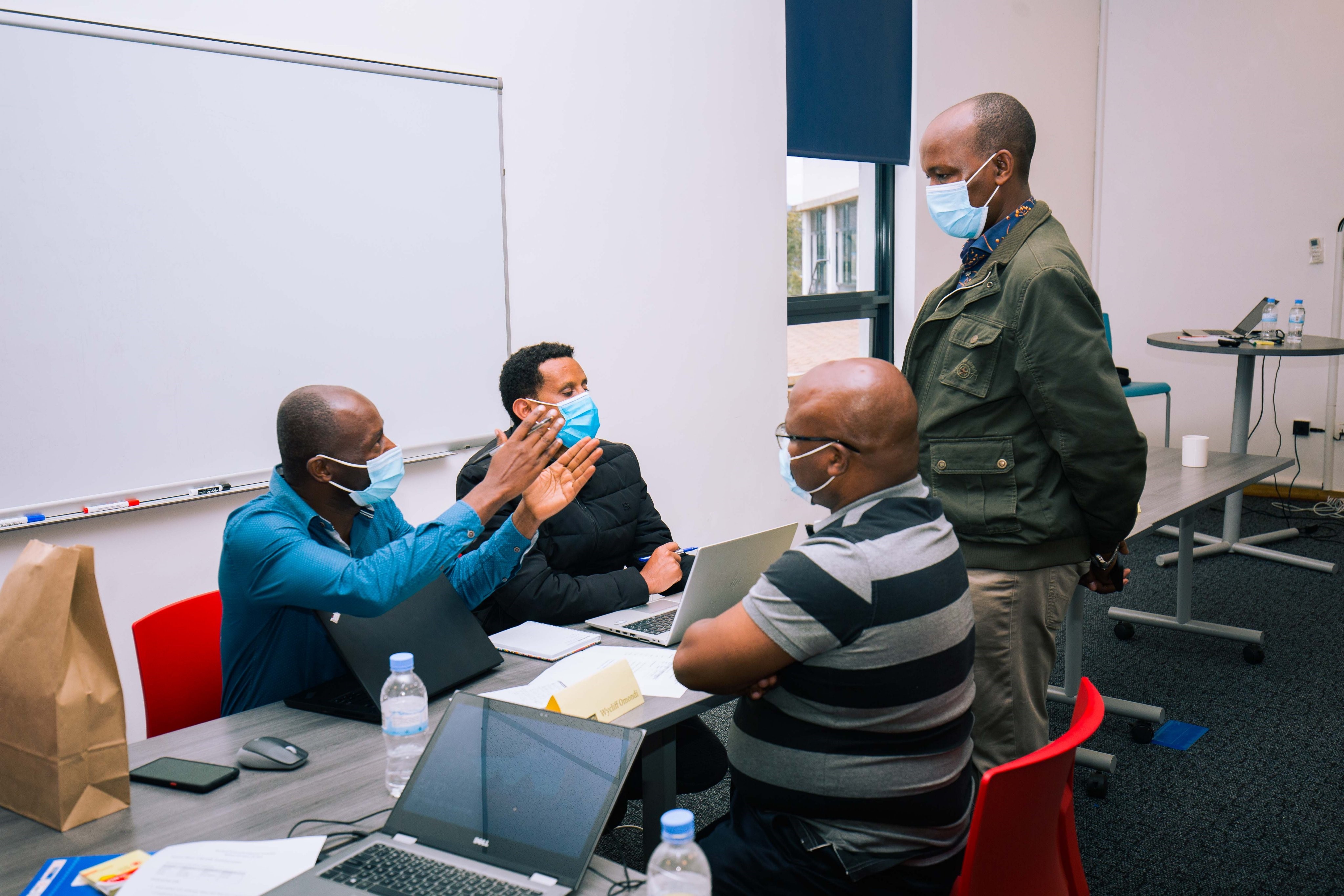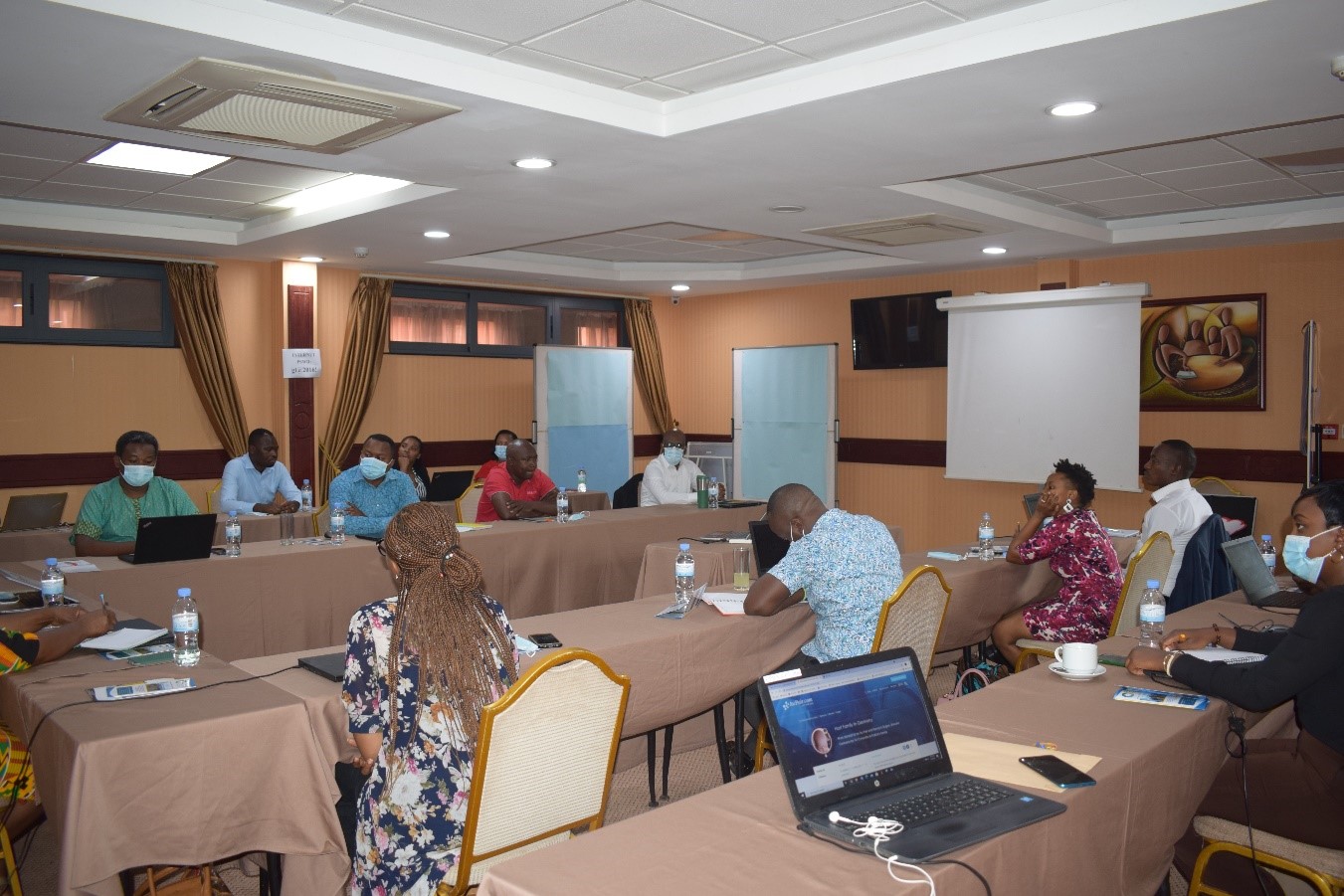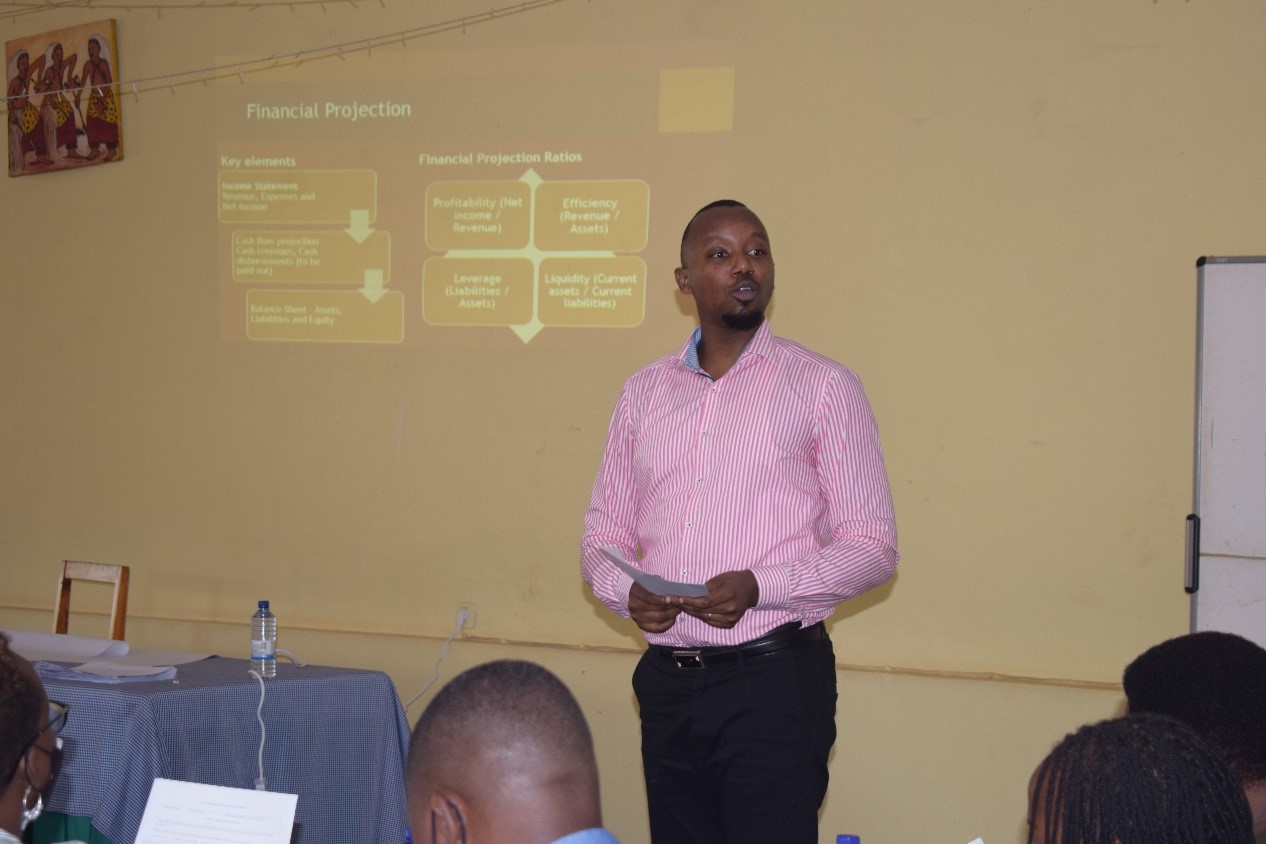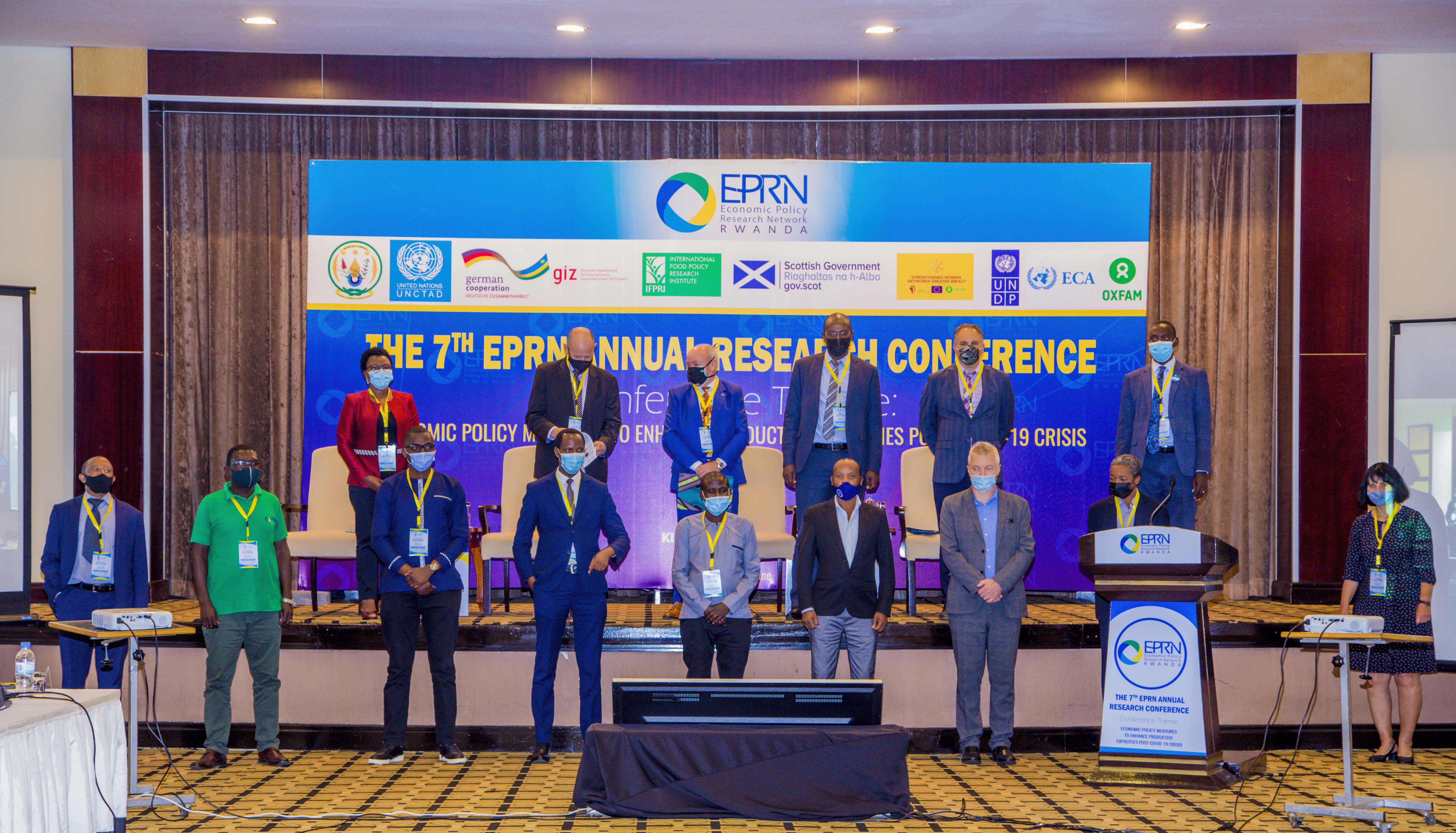Development and Social Inclusion of (Digital) Financial Services in Rwanda

Venue : Lebanon Hotel
Date : February 10th, 2023 ; 9am-4pm
Concept Note for Stakeholder Engagement Workshop, Rwanda
1. Introduction
Financial inclusion plays a central role in development through poverty and vulnerability reduction (Jalilian and Kirkpatrick, 2005 ; Vitenu-Sackney and Songli, 2020 ; Dawood and Pratama, 2019 ; Demirguc-Kunt et al., 2015), mobilization of funds for investment (Dupas and Robinson, 2013), facilitation of international remittance flows (Chuc et al., 2022 ; Aga and Martinez Peria, 2014), among other development pathways. However, a considerable proportion of the world’s poor have no access to these basic financial services, including 1.4 billion people globally who have no bank accounts (Demirgüç-Kunt et al., 2022). The lack of access to affordable financial services – which is a result of both demand- and supply-side hindrances – limits the ability of many poor people to smooth consumption and undertake productive investments. Limitations from the demand side include low incomes, socio-cultural factors and knowledge gaps. Among the major supply-side hindrances are long distances to service points which imply high opportunity and transportation costs especially in rural communities given the relative urban concentration of financial institutions (Munyegera and Matsumoto, 2016 ; 2018).
While the gender gap in financial inclusion is well documented (Lotto, 2022), the Global Findex database does not provide disability-disaggregated financial inclusion and digital financial services indicators. Nonetheless, country-level evidence points to lower rates of financial inclusion among this vulnerable group especially in developing countries (Jiya et al., 2022). In Rwanda, the average time to reach a bank was 21 minutes for the three districts of Kigali City, much lower than over 40 minutes for other districts outside Kigali (NISR, 2020). Other constraints to the development of digital financial services and financial inclusion in the country include the high cost and cumbersome documentation associated with some formal service providers like banks. Persons with disabilities specifically face challenges in accessing and effectively using financial services and DFS. The 2020 Finscope survey reveals that financial inclusion has increased considerably, reaching 93% of the general adult population, and yet the corresponding rate for persons with disabilities is only 75% (NISR, 2020).
Measures to promote inclusive financial services – including digital financial services – ought to consider the specific needs and challenges of marginalized and disadvantaged groups like women, persons with disabilities, among others. This hence calls for a multi-stakeholder and multi-disciplinary approach to building an inclusive financial services system, based on credible evidence on who is so far left behind, their challenge and potential remedies to ensure their enhanced access to and effective usage of (digital) financial services. In this regard, the African Economic Research Consortium (AERC), with funding from MasterCard Foundation, is implementing the “Financial Inclusion and Market Development in East African Community Countries” research project to understand the progress made so far as well as prevailing challenges and opportunities to promote financial inclusion and digital financial services in five study countries – Burundi, Kenya, Rwanda, Tanzania and Uganda. In Rwanda, the project is being implemented by the Economic Policy Research Network (EPRN Rwanda). As part of this project, two draft studies have been produced so far ; one on the development of digital financial services in Rwanda and another on the disability gap on financial inclusion and digital financial services.
2. Objectives of the workshop
The main objective of the stakeholder inception workshop will be to bring together government and non-government stakeholders to jointly discuss issues around financial inclusion and digital financial services as well as ponder about potential means to make Rwanda’s financial services inclusive. Specifically, the workshop will attempt to :
• Understand the progress made so far in promoting financial inclusion and digital financial services in Rwanda ;
• Create/raise awareness of the financial inclusion challenges in persons with disabilities ;
• Establish a mechanism of collective responsibility among stakeholders towards promoting inclusive financial services and DFS ;
• Facilitate learning and drawing of lessons regarding initiatives to promote financial inclusion and digital financial services.
3. Expected outcomes and outputs
• Enhanced stakeholder ownership and collective responsibility towards promoting financial inclusion and DFS, leaving no one behind ;
• Improved understanding among stakeholders of the financial inclusion challenges of disadvantaged groups like persons with disabilities ;
• Triggering evidence-based initiatives – policies, interventions and programs – to develop an inclusive financial services ecosystem.
4. Target stakeholders
Through this planned workshop, the research project plans to engage government and non-government stakeholders based on a critical consideration of their interest and influence regarding promoting financial inclusion and digital financial services in general and for marginalized people like persons with disabilities in particular.





